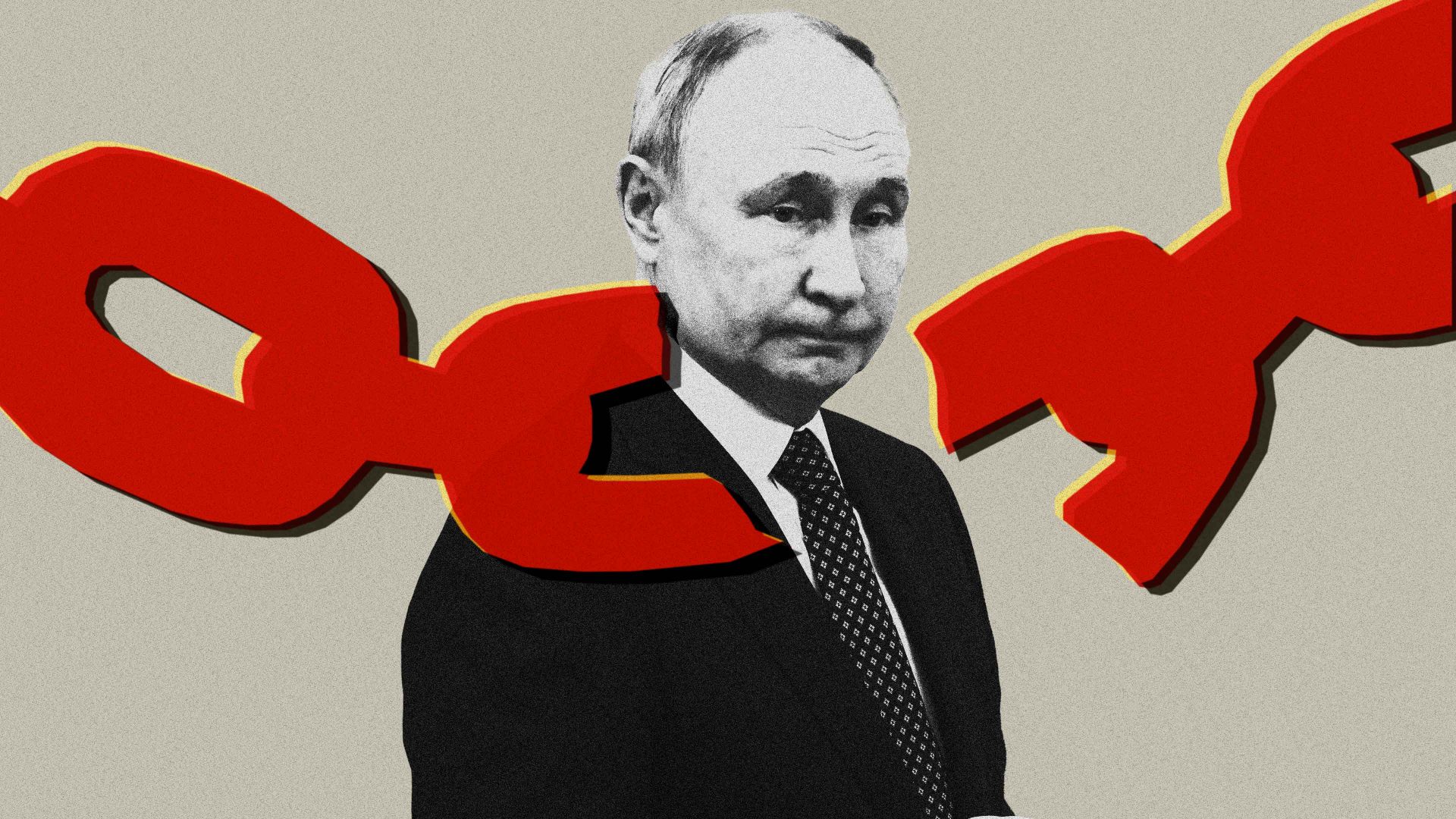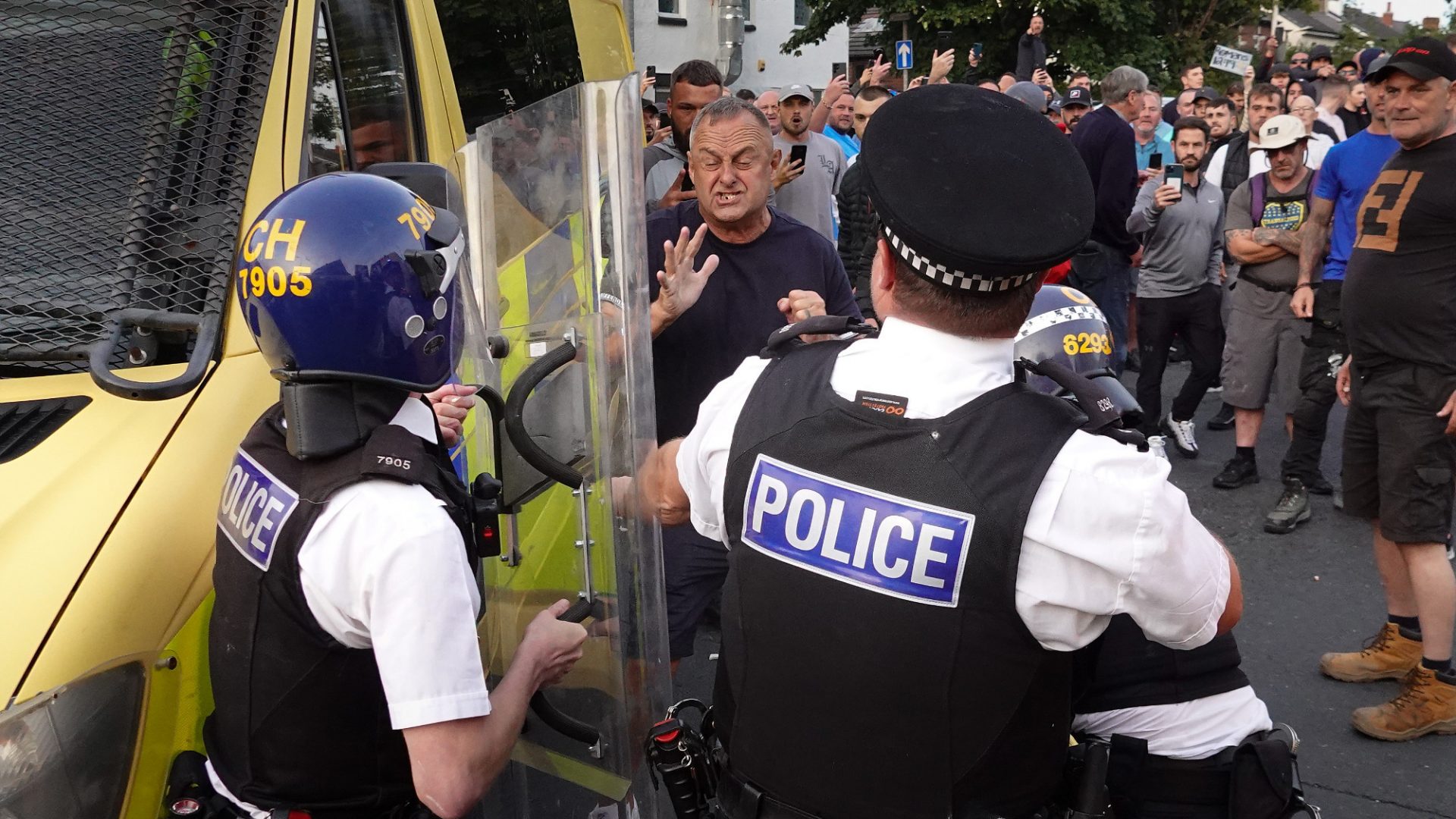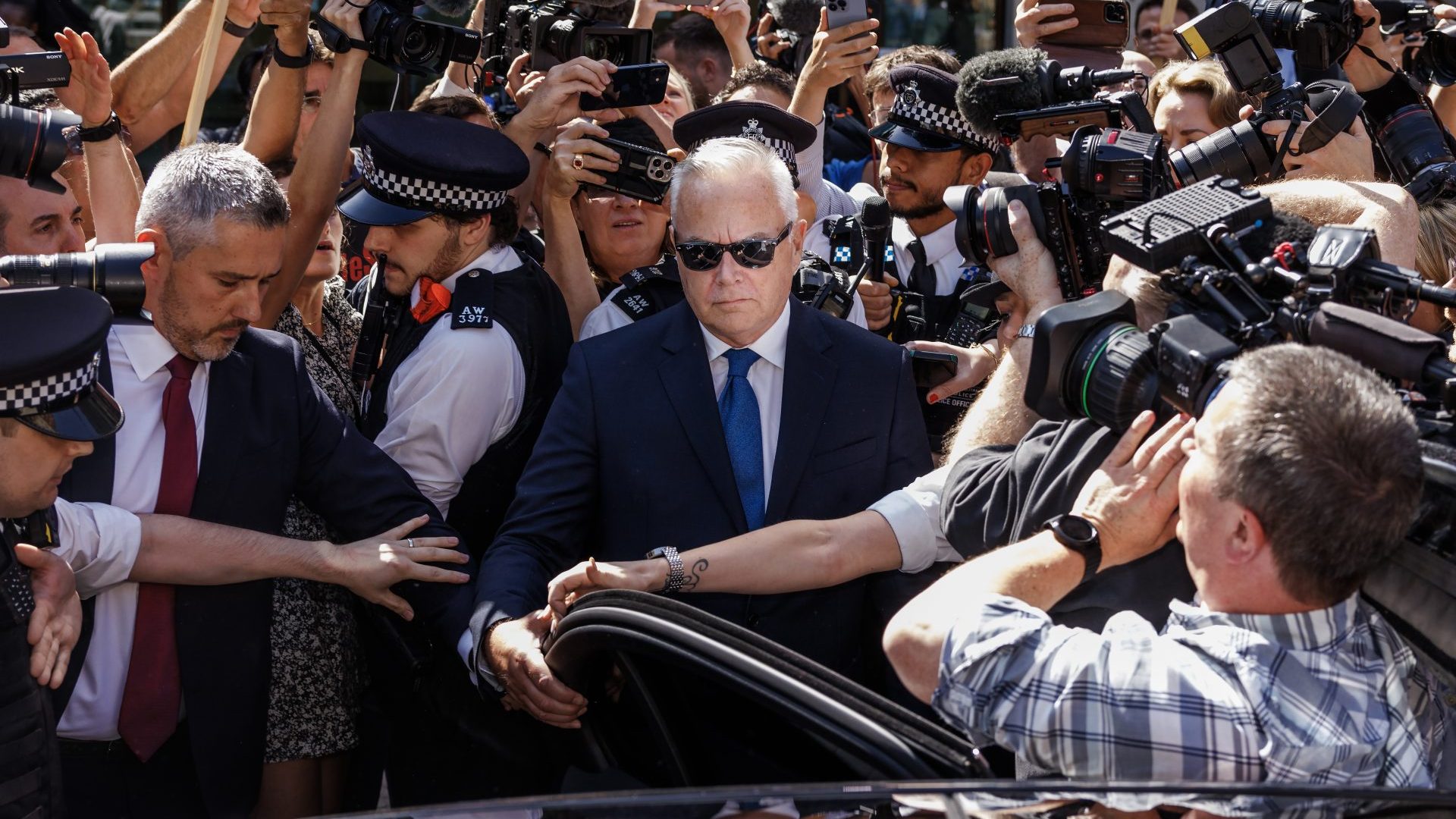The killer came on a bicycle. It was around noon on August 23, 2019, in Berlin Tiergarten, the capital’s central park, when he shot his victim in the back, using a 9-mm Glock 26 with a silencer.
With the man lying on the ground, he fired another bullet in his head. The shooter then cycled to a hiding spot in the bushes, where an accomplice had placed a bag of fresh clothes and cash.
When he reappeared from the shrubbery, he threw the bike, the pistol and a bag containing further evidence into the Spree river.
But, as is sometimes the case with daylight killings in the city centre, two young men found his behaviour slightly suspicious and called the police. Seconds before the killer could escape on an e-scooter, he was surrounded by officers pointing machine guns at him. Divers later retrieved the bag and the pistol from the river.
The detainee insisted he was Vadim A Sokolov, a “tourist” (reminded of Salisbury yet?). The court, however, found his distinctive tattoos more telling than the name on his Russian passport, and established that the Tiergarten-Mörder was Vadim Krasikov. That he had shot the Georgian national Zelimkhan Khangoshvili in cold blood, a former Chechen platoon commander whom Moscow blamed for an ambush on Russian soldiers. And that it had been an act of “state terrorism”, leaving no doubt about the Kremlin link.
Treading cautiously on Russian relations as usual however, only two of their diplomats were kicked out. What a show of force…
Krasikov on the other hand was sentenced to life imprisonment, with an “exceptional gravity of guilt”, so that unlike other lifers, he could have applied for parole only after 18 (not 15) years. It would have meant 20-plus years in jail.
And yet, not even five years after the murder, Vadim Krasikov is a free man. Putin wanted his hitman back.
And he went to some lengths. First he had US basketball player Brittney Griner imprisoned. She wasn’t enough leverage for the German government, though – Berlin had all eyes on Alexei Navalny.
Griner was eventually exchanged for a Russian arms dealer, which emboldened the Kremlin to up its game, lock up WSJ reporter Evan Gershkovich on bogus charges, imprison a few innocent Germans and even sentence one to death in Belarus. It worked.
Admittedly, Putin hugging comrade Krasikov at the airport wasn’t quite as emotional as seeing Gershkovich finally reunited with his mother in the US. But unlike US president Joe Biden, German chancellor Olaf Scholz wasn’t all smiles when he addressed the press at the military section of Köln/Bonn Airport, after having welcomed our share of hostages back from dictators’ dungeons.
The most complex prisoner swap between the west and Russia since the cold war leaves a bitter taste.
During the cold war, the commies regularly got their spies back. Such as Günther Guillaume in the 1970s, a Stasi officer who had risen to become then-chancellor Willy Brandt’s personal assistant – causing the biggest German espionage scandal, and Brandt’s resignation. However, killer Krasikov on Putin’s red carpet is something entirely different from the Berlin-Glienicke “Bridge of Spies” in pre-dawn mist. It is a kind of blackmail the German state doesn’t usually give in to.
When the Red Army Faction abducted business executive Hanns-Martin Schleyer in 1977, supported by Palestinian hijackers on board a Lufthansa plane, to force the release of terrorist Andreas Baader and friends, the government didn’t budge.
The plane passengers were rescued by a special ops team and Schleyer’s body was found in the boot of a car. Not releasing terrorists for him had even been signed off by the German constitutional court, whose judges knew that granting the government political discretion in this matter would mean Schleyer’s death.
They also knew: fulfilling a blackmailer’s demands only means more blackmail.
But democracies, unlike dictators, have to make complex decisions. We couldn’t save Navalny, so we bent the rule of law, supported the US administration and released a killer to free innocent prisoners, and naturally I’m happy for every single one.
Saving their lives, however, will probably prove fatal for others. For dissidents, defectors or double agents like Sergei Skripal, anyone Putin considers an adversary. By working relentlessly for the release of his old FSB pal Krasikov, Putin sent the signal that no henchman is left behind.
Assassins will continue to eliminate whoever Putin wants, whenever and wherever, because they know: If I’m caught, Vladimir Vladimirovich and his minions will take as many hostages as necessary to bring me home. Better not plan any trips to Russia or Belarus…




